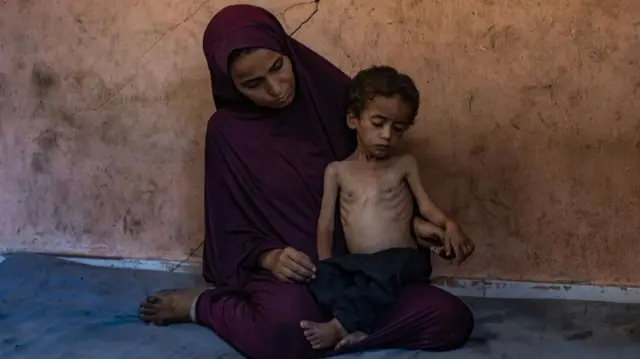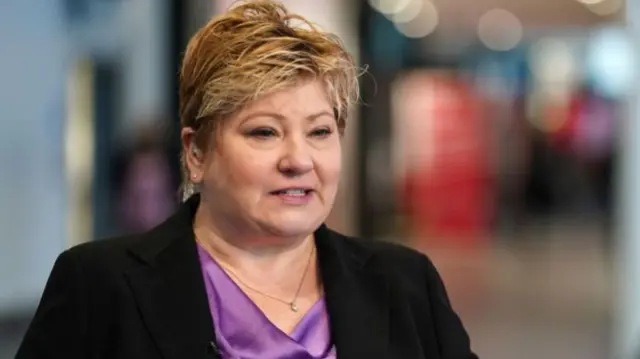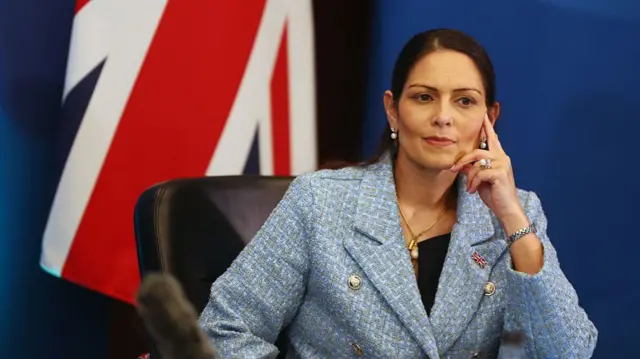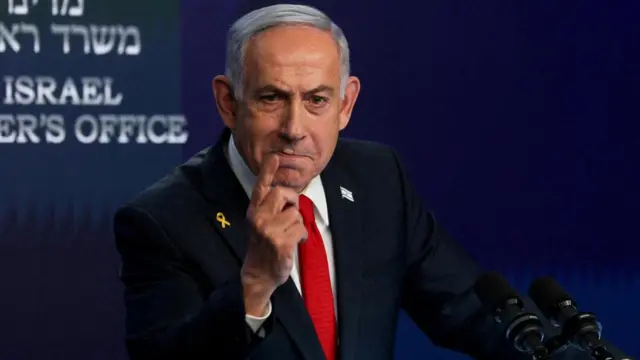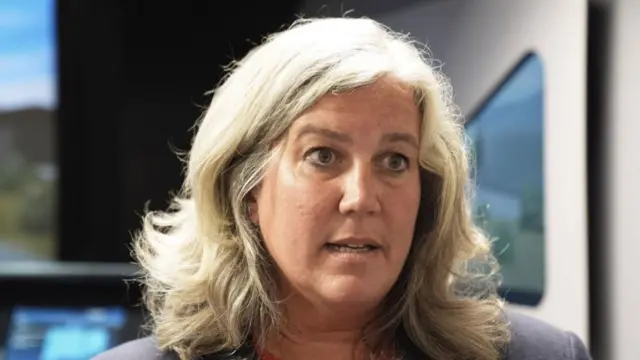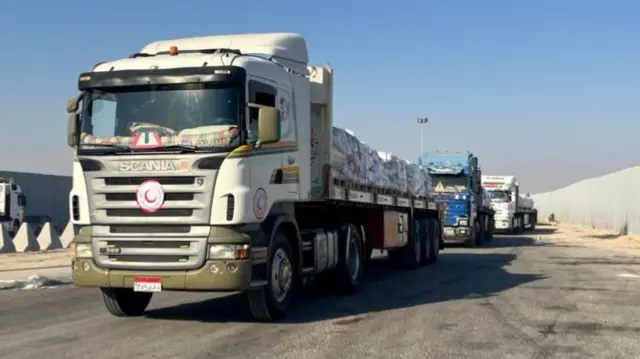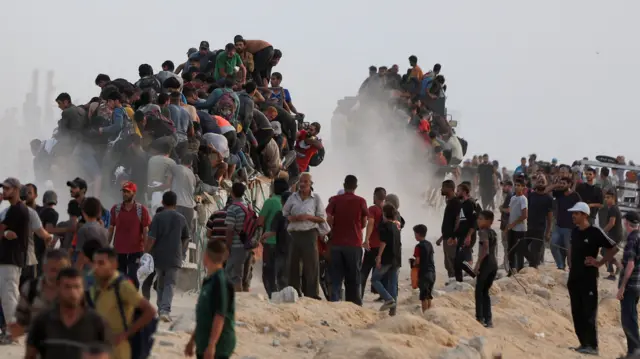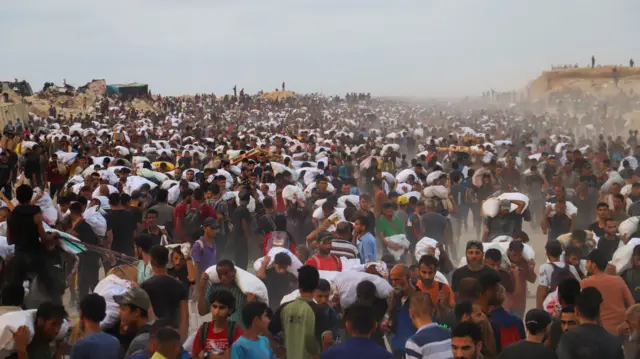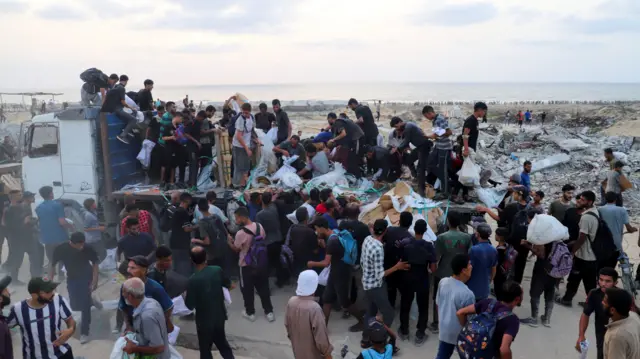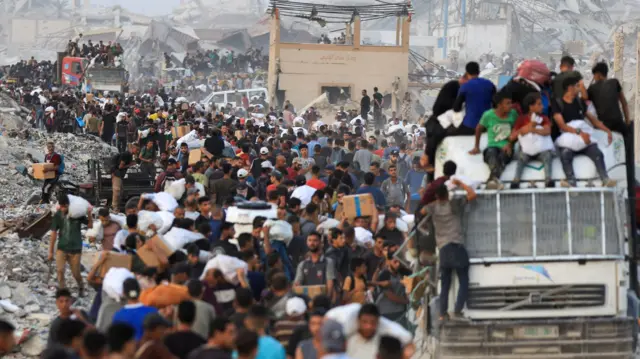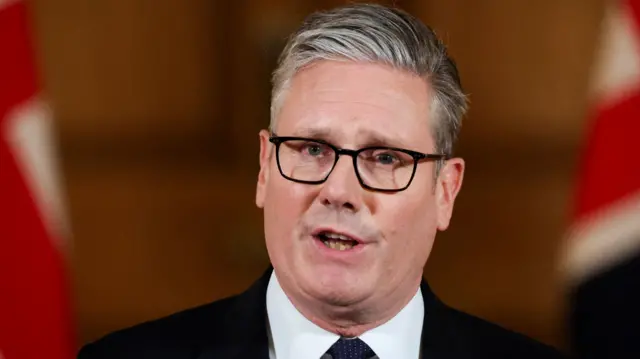Answering your questions on Palestinian statehood and Gazapublished at 11:04 BST 30 July

We're going to be holding a Q&A later today about the situation in Israel and Gaza.
If you're interested in learning more about the potential recognition of a Palestinian state, or answers to any other key issues in the conflict, you can contact us in the following ways:
- Email: bbcyourvoice@bbc.co.uk, external
- WhatsApp: +44 7756 165803, external
- Tag us on X: @BBC_HaveYourSay, external
- Please read our terms & conditions and privacy policy
